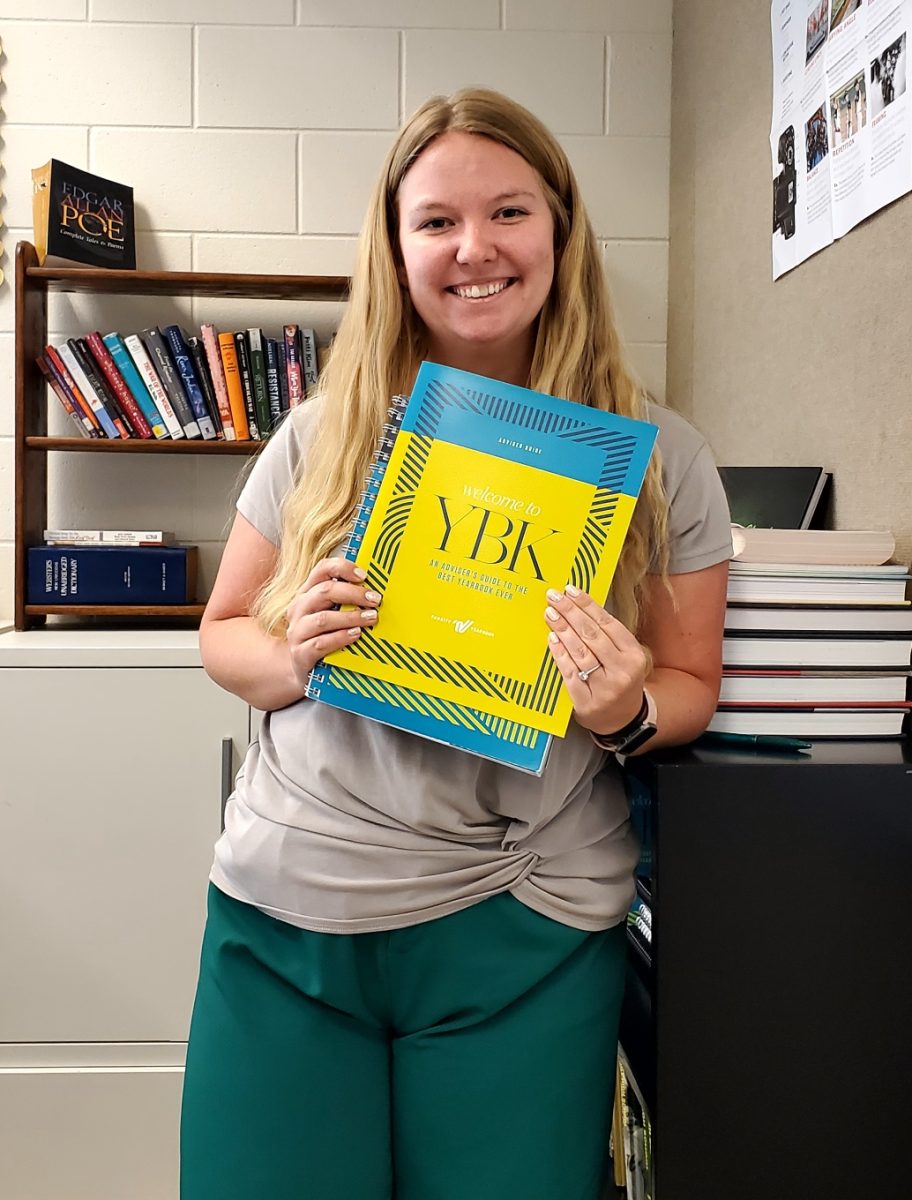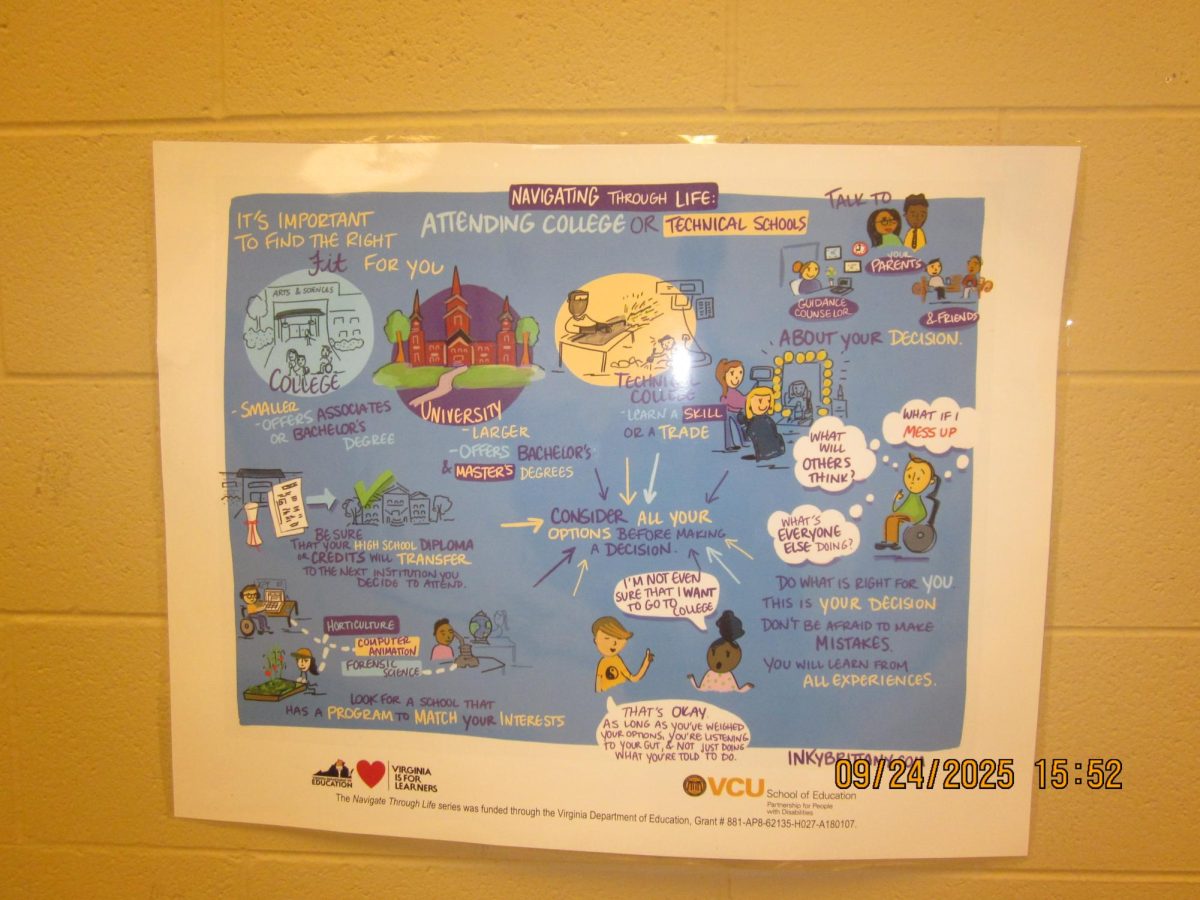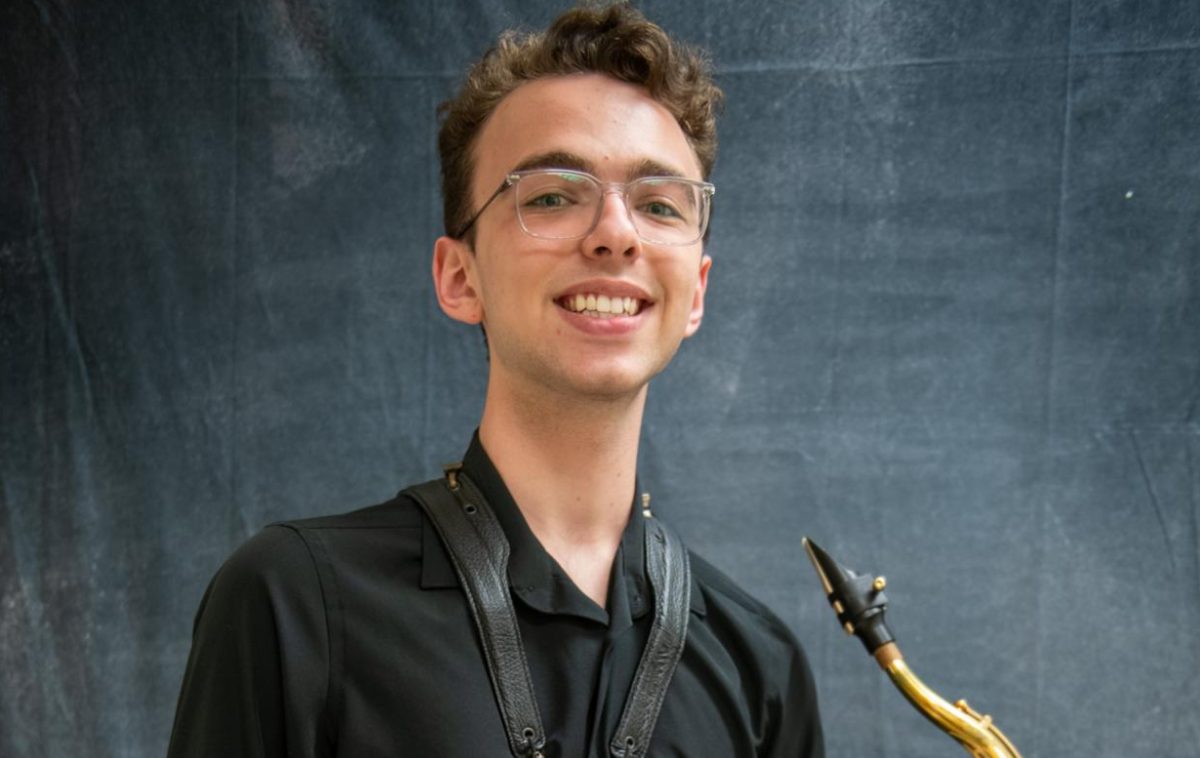This article is the second in a six part article series that will feature famous historical black figures for the month of February. This week’s feature will cover the historic landmarks created by Coretta Scott King.
Coretta Scott King, the widow of civil rights activist Martin Luther King Jr. (Dr.King), rose to prominence as a powerful public figure and civil rights leader. Throughout her life, she contributed significantly to the advancement of social justice and human rights.
King was born Apr. 27, 1927, in Heiberger, Alabama, as the second of three children to Obadiah and Bernice Scott. King always had a love for music, and her activism and life experiences had a significant impact on her music. She even took part in Freedom Concerts, which used poetry, lectures and singing to recount the story of the civil rights movement. She organized Freedom Concerts in some of America’s most prestigious performance venues to generate funds for the Southern Christian Leadership Conference (SCLC), which her husband had created.
She graduated valedictorian from Lincoln Normal High School in 1945 and was awarded a scholarship to Antioch College in Yellow Springs, Ohio. As an undergraduate, she became engaged in the civil rights movement, joining the Antioch branch of the National Association for the Advancement of Colored People (NAACP) as well as the college’s Race Relations and Civil Liberties Committees. She graduated from Antioch with a Bachelor of Arts in music and education.
King met her husband when he was attending Divinity School at Boston University. They later were married on Jun. 18, 1953, in her hometown of Heiberger, Alabama.

Following her husband’s assassination on Apr. 4, 1968, King continued to work toward the shared goals King and her had envisioned. King traveled to Memphis on the Monday after her husband was assassinated in order to lead the march he had planned. Nearly 50,000 people turned out that day to honor her husband’s life.
In 1969, King established the Martin Luther King Jr. Center in Atlanta, Georgia, to uphold Dr. King’s ideas of peaceful activism and human rights.
She pushed and organized alliances to make her husband’s birthday a federal holiday. She was eventually successful when Ronald Reagan signed legislation establishing MArtin Luther King day in 1983, the first federal service holiday in American history. After the civil rights movement ended, she expanded her support for LGBTQ rights and resistance to apartheid.
King was invited to various anti war rallies, including one at Madison Square Garden in 1965 to protest the Vietnam War. She was the sole woman and one of two black people chosen to speak. She was an affiliate of Women Strike for Peace, with whom she had traveled to Geneva, Switzerland, on a peace mission in 1962. On Mar. 28, 1968, a little more than a week before her husband was shot, King was in Washington, DC, participating in a news conference with the Women’s International League for Peace and Freedom.
Unfortunately, King suffered a stroke in 2005, leaving her paralyzed. Five months later, she died from ovarian cancer, which caused her respiratory system to collapse. King’s funeral was attended by 10,000 people, including many United States presidents. She was temporarily buried on the grounds of the King Center before being buried alongside her husband. King was a powerful individual who became recognized as the “First Lady of the Civil Rights Movement.” She created a legacy of courage and endurance, becoming a symbol of racial and gender equality.









malia • Sep 12, 2025 at 2:28 pm
I like how you added how much activism she did about the civil rights
Imani • Sep 12, 2025 at 2:05 pm
This article is very informal. This article is written in chronological order which is helpful. Lastly, overall this article is written nicely.